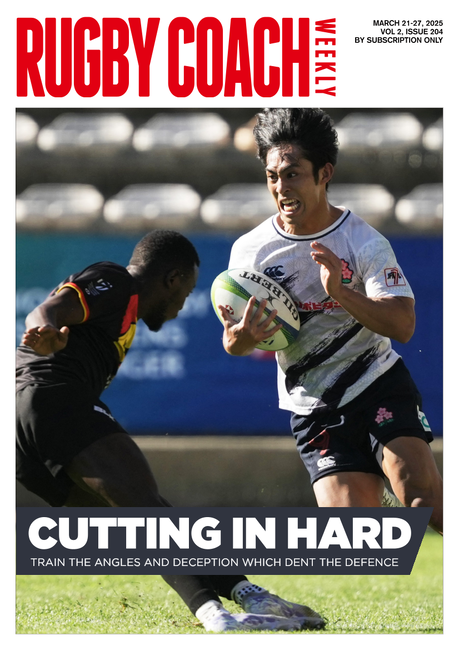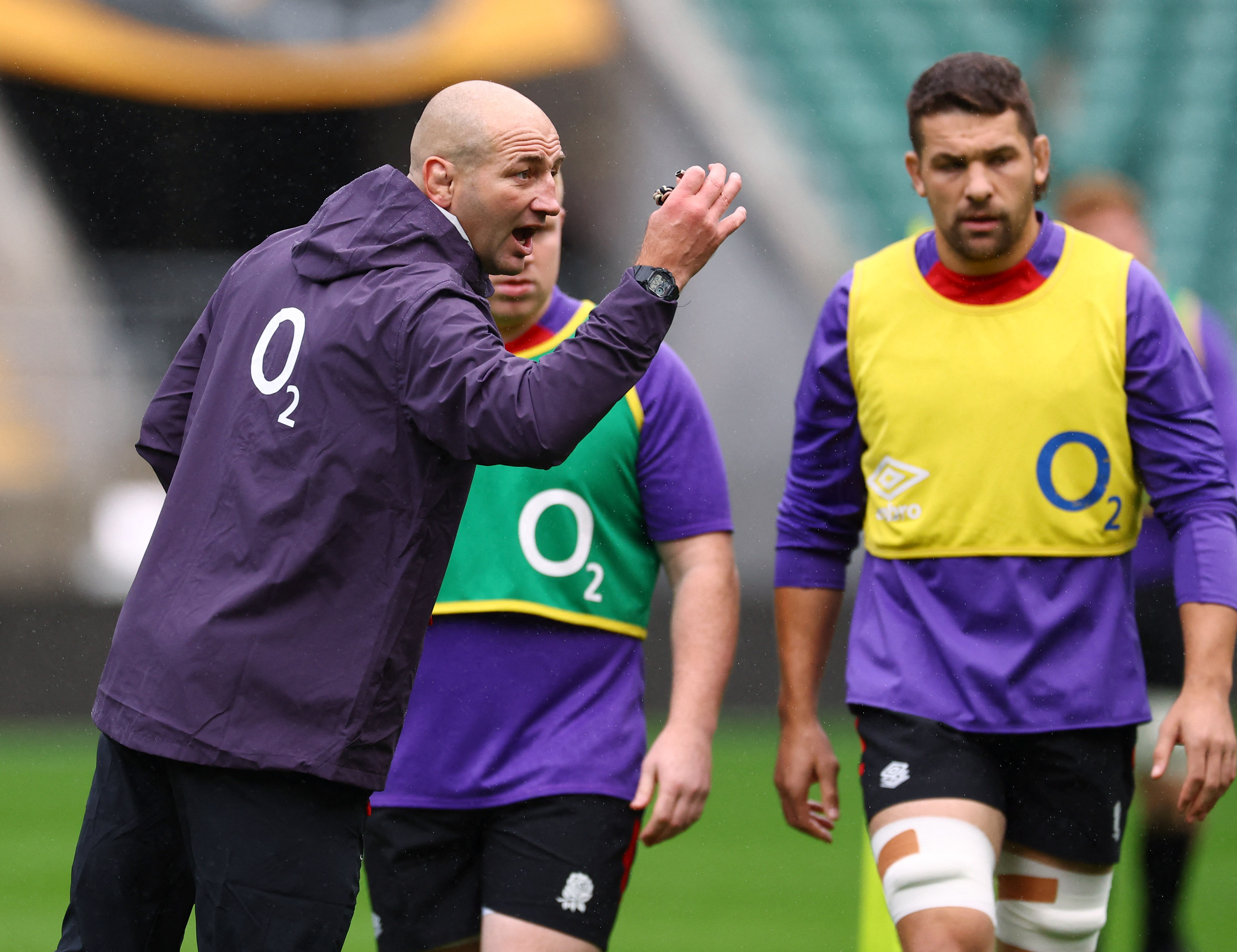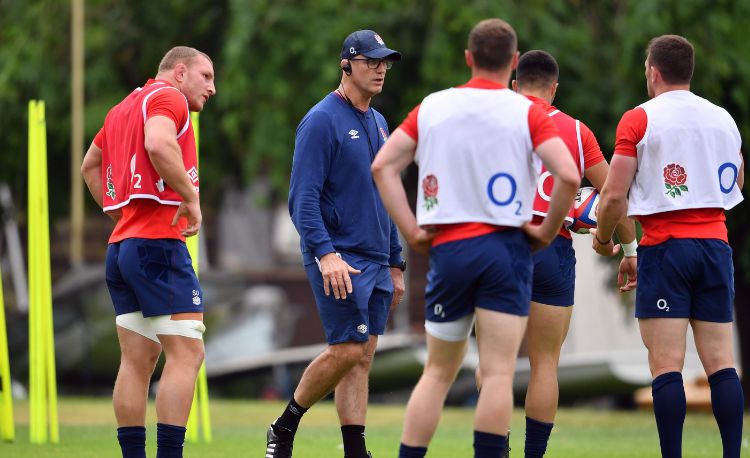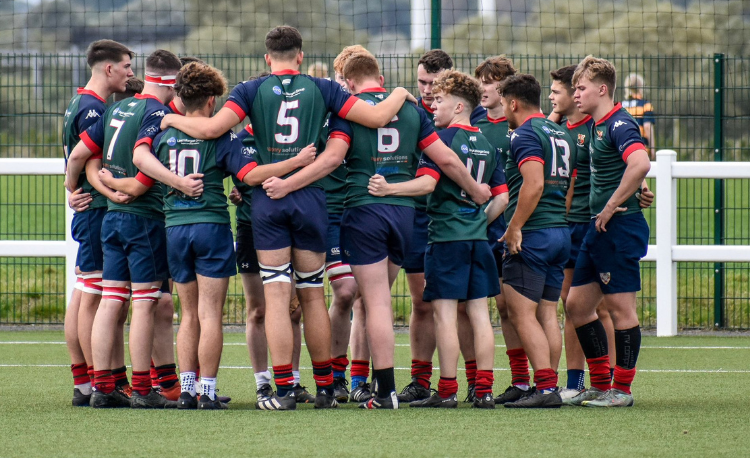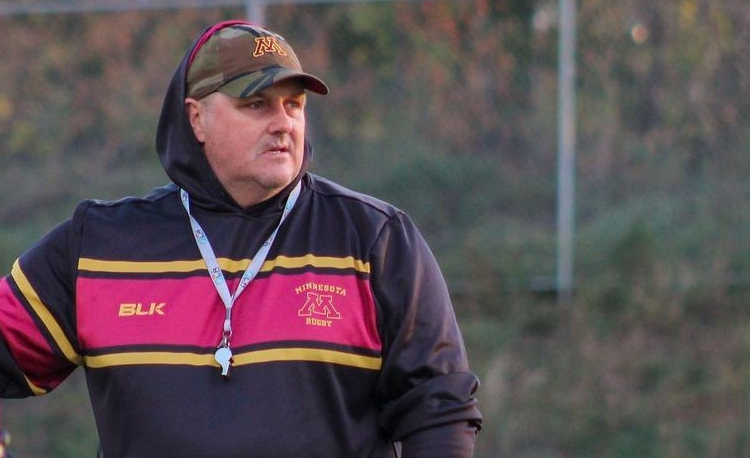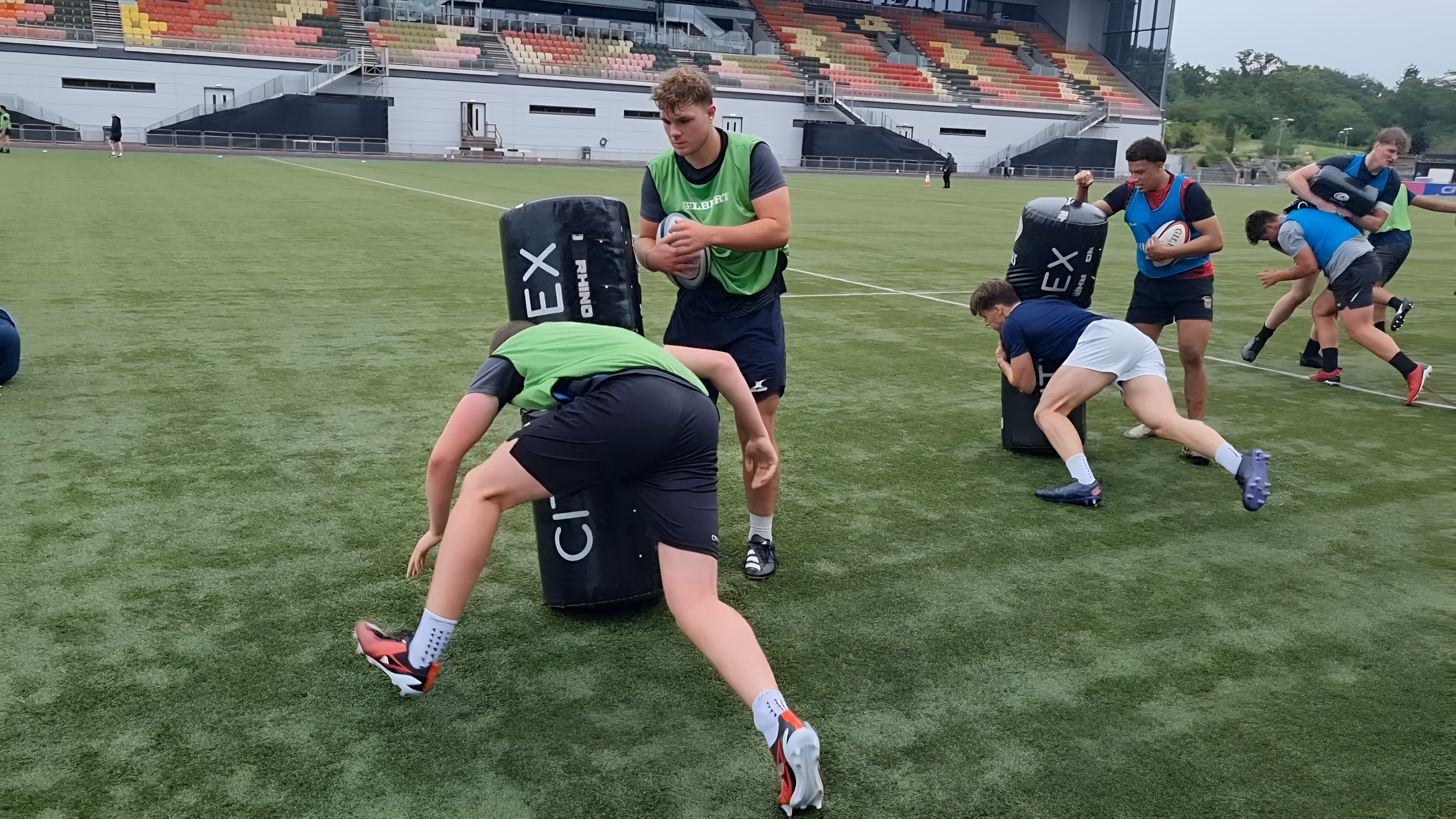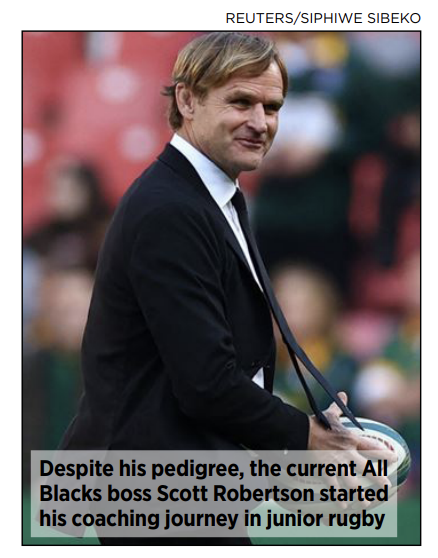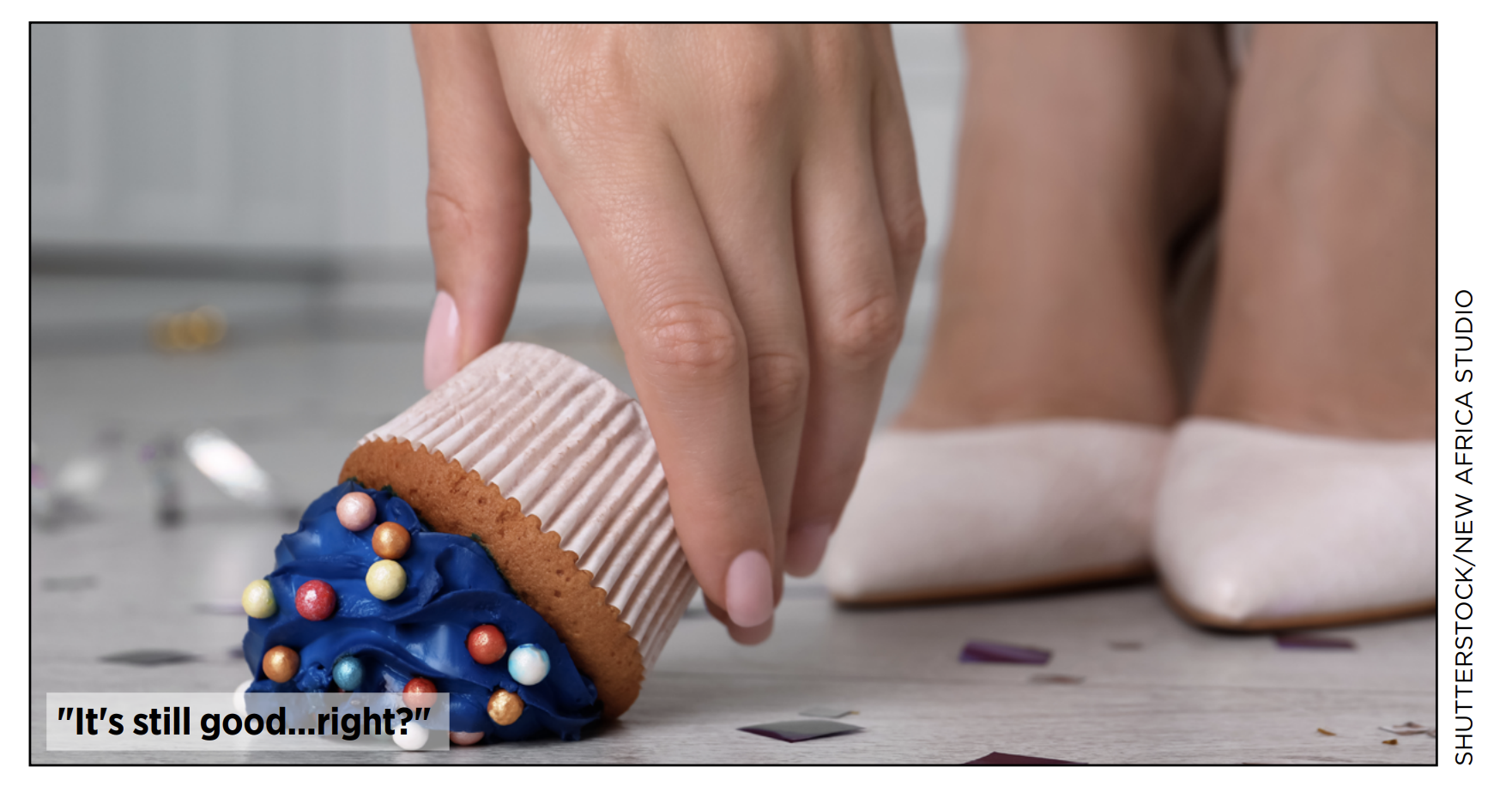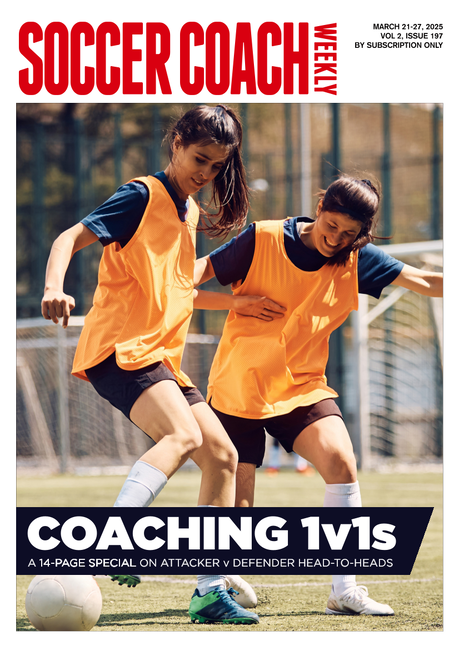Playing against a side that cheats
"We've come to think of deceit as part of the competitive spirit, so that if you're not cheating, you're not trying."
Phil Taylor, sports writer, quoted on CNNSI.com
I have coached flankers who have shocked me after the season with stories of what they got away with in games. But let us start with the premise that your players are playing the game fairly and you come up against a side that is prepared to play unfair. It is difficult to know what is regarded as cheating. Is it also gamesmanship, or just sometimes playing dumb of the laws?
In my research for this article I came across plenty of material on why cheating is wrong. I expect there are rugby coaches and players reading this who might disagree, because the subject is not black and white. I am, however, committed to best practice. Nobody gains from cheating, because it is a shortcut to glory and so the glory is tainted.
I do not want to coach my players to cheat or even to "play the referee". However there is a fine line between "knowing the referee" and "playing the referee". So it is important to realise there is a difference between committing an offence, such as standing offside or hands in a ruck, which I would call "playing the referee", and the time spent releasing the ball in the tackle, which is more to do with "knowing the referee".
He who casts the first stone
Before becoming wound up by a side that cheats, be prepared to have a long hard look at your own game. This is the most difficult medicine of all, not only to administer, but to admit in the first place.
Cheating comes in such varying degrees of "acceptability" that what seems a fair part of your game, might be perceived as the worst sort of play by another.
Don't get involved in the same game
If a side is cheating, it makes matters worse by indulging in cheating yourself. "He's doing it, so why can't I" is the sort of excuse we might have heard from a naughty child. However patronising this comment may seem, you are letting yourself become drawn in.
The cynic might say that if you haven't trained to cheat, you will probably be caught out anyway. The other side will simply continue to get away with it.
Play harder
Cheating makes opposition players angry. This can be counter-productive unless it is channelled in the right way. The physicality of rugby lends itself to a player being able to exact some form of immediate satisfaction for this anger.
By far the best way is through a skilful tackle or taking the ball into contact, rather than a wild act, which could cause problems later. Reaffirm this with your players, using their aggressiveness positively.
Communicate calmly with the referee
Before any game, the referee will set out who he is going to have his dialogue with. Make sure that only these people are communicating with the referee. If other players are shouting at the referee, he is less likely to act on your behalf. The captain should always speak to the referee in the calmest terms possible.
At half time the captain and/or the coach should ask the referee about offending incidents. The language used should be asking the referee for clarification, rather than aggressively accusing the other side. The referee is aware that he is trying to be influenced by both sides, so a more conciliatory approach, pointing out possible problems may be more effective.
Your problems really start when the referee is the coach of the cheating side!
Cooling down period after the game
Once the game is over, there is little that can be done to change the result, so there is no point in taking umbrage with the opposition coaches, team or referee. This is not to say that you cannot speak to those involved, but in the heat of the moment you are less likely to make as rational a comment as when you have had a chance to gather your thoughts. Also remember that you may have the same referee for another game, so a misplaced invective might well prejudice a future match situation.
Summary tips
- Take a long hard look at yourself before accusing the other team.
- If you change your tactics during a game to cheat then you may well find yourself worse off anyway.
- Channel the aggression that comes from playing against a cheating side wisely and to your advantage.
- Be calm in your communication with the referee. If he does not see it, there is not much more you can do.
- Don't rush in straight after the game, give yourself time to gather your thoughts.
Click here for an article on rule reminders for problematic rugby laws.
Newsletter Sign Up
Coaches Testimonials

Gerald Kearney, Downtown Las Vegas Soccer Club

Paul Butler, Florida, USA

Rick Shields, Springboro, USA

Tony Green, Pierrefonds Titans, Quebec, Canada
Subscribe Today
Be a more effective, more successful rugby coach
In a recent survey 89% of subscribers said Rugby Coach Weekly makes them more confident, 91% said Rugby Coach Weekly makes them a more effective coach and 93% said Rugby Coach Weekly makes them more inspired.
Get Weekly Inspiration
All the latest techniques and approaches
Rugby Coach Weekly offers proven and easy to use rugby drills, coaching sessions, practice plans, small-sided games, warm-ups, training tips and advice.
We've been at the cutting edge of rugby coaching since we launched in 2005, creating resources for the grassroots youth coach, following best practice from around the world and insights from the professional game.


